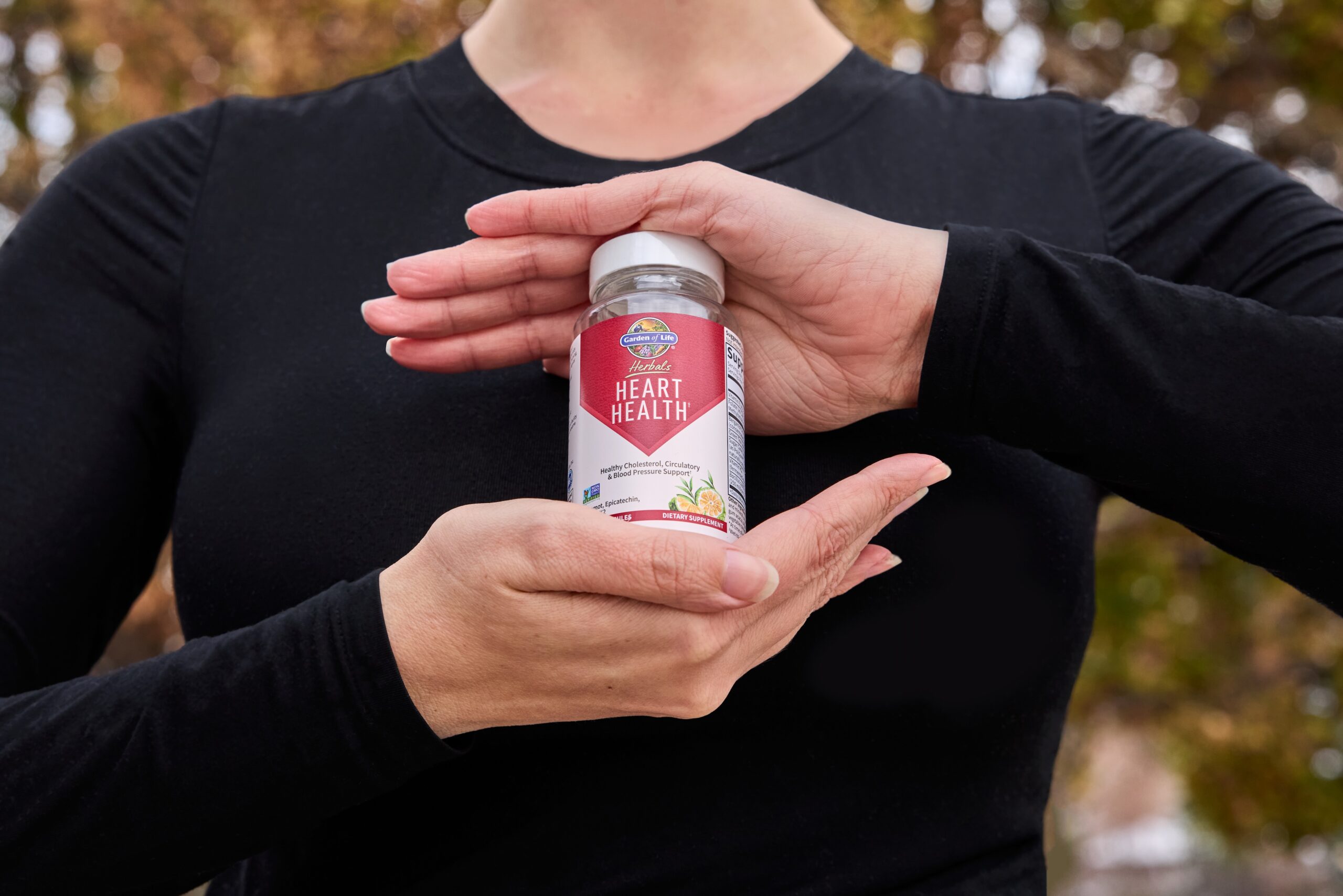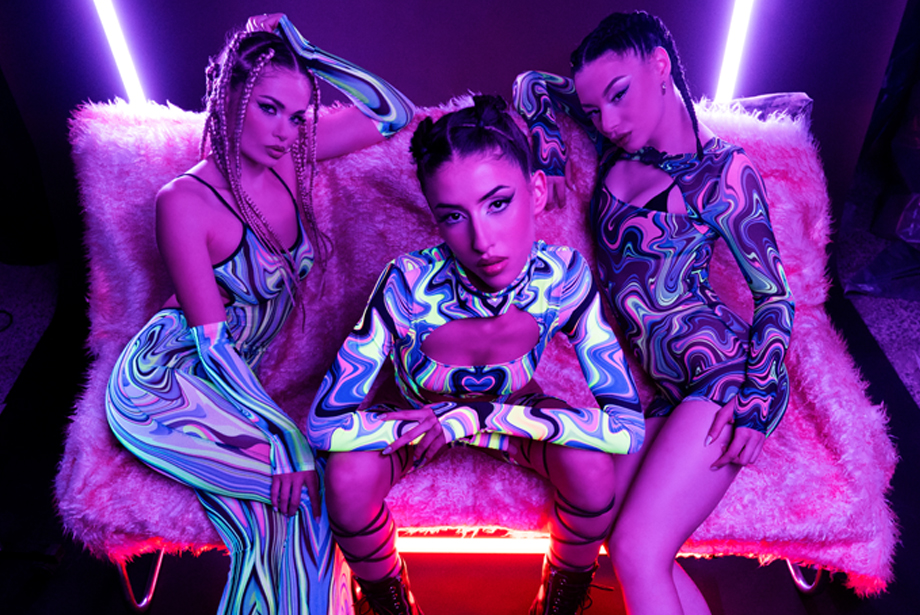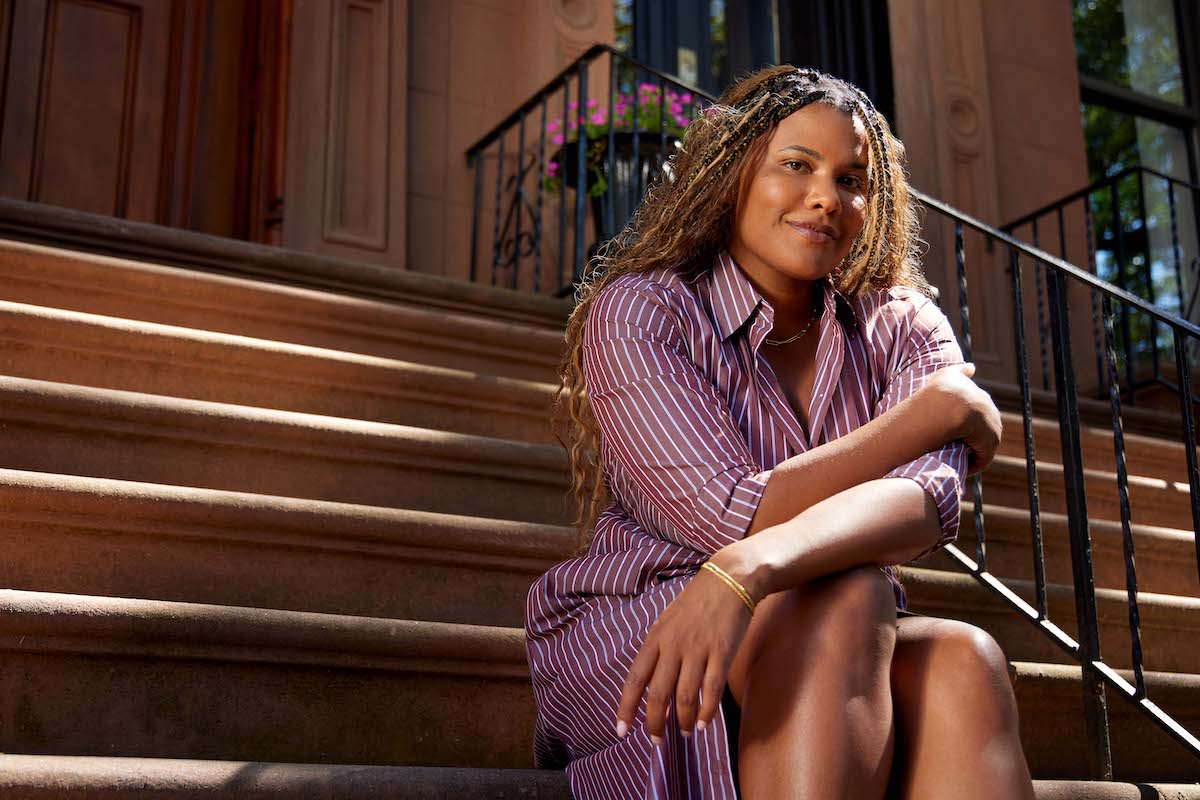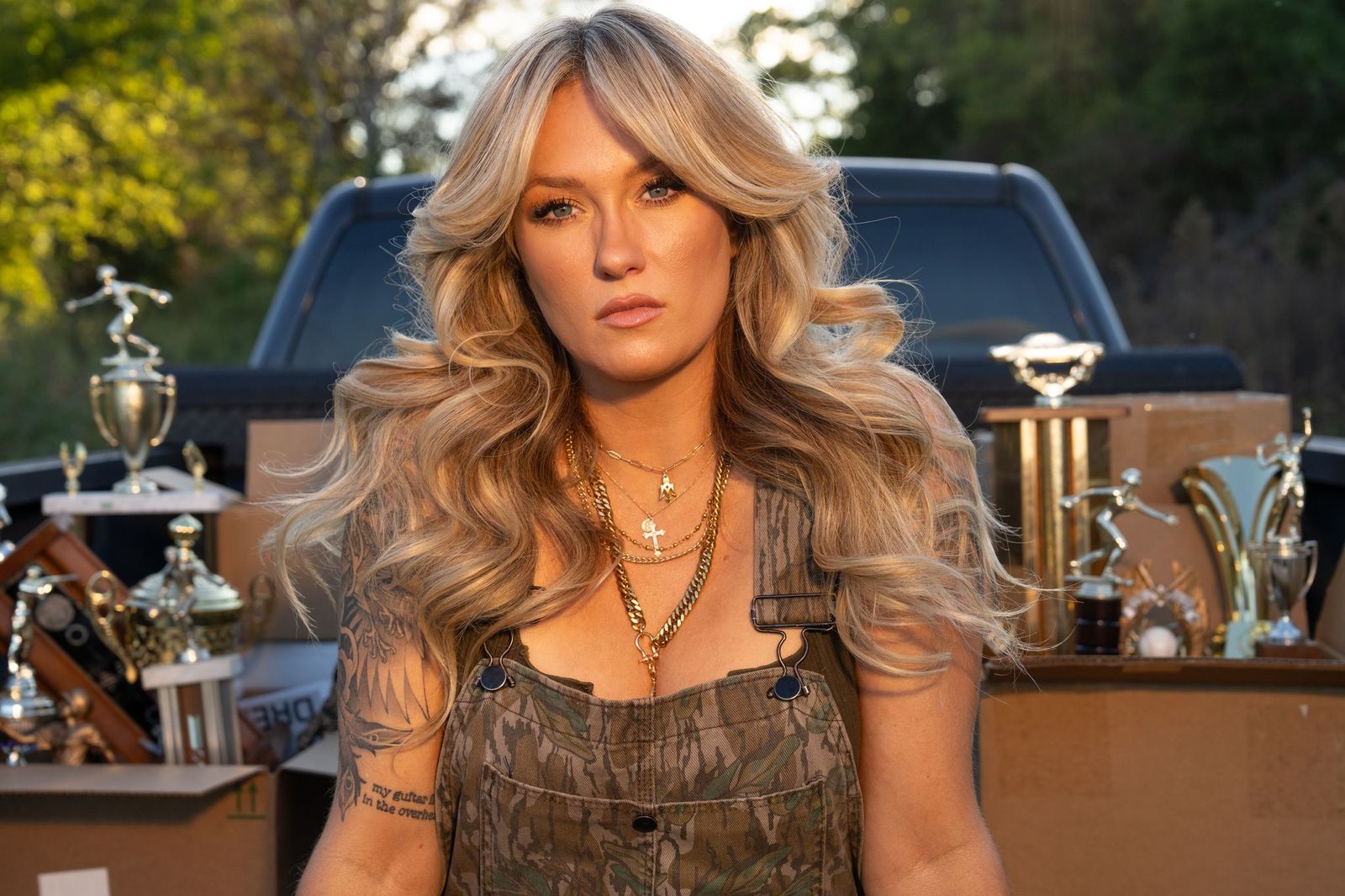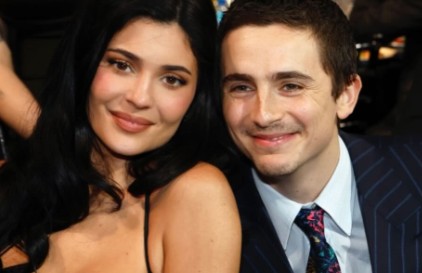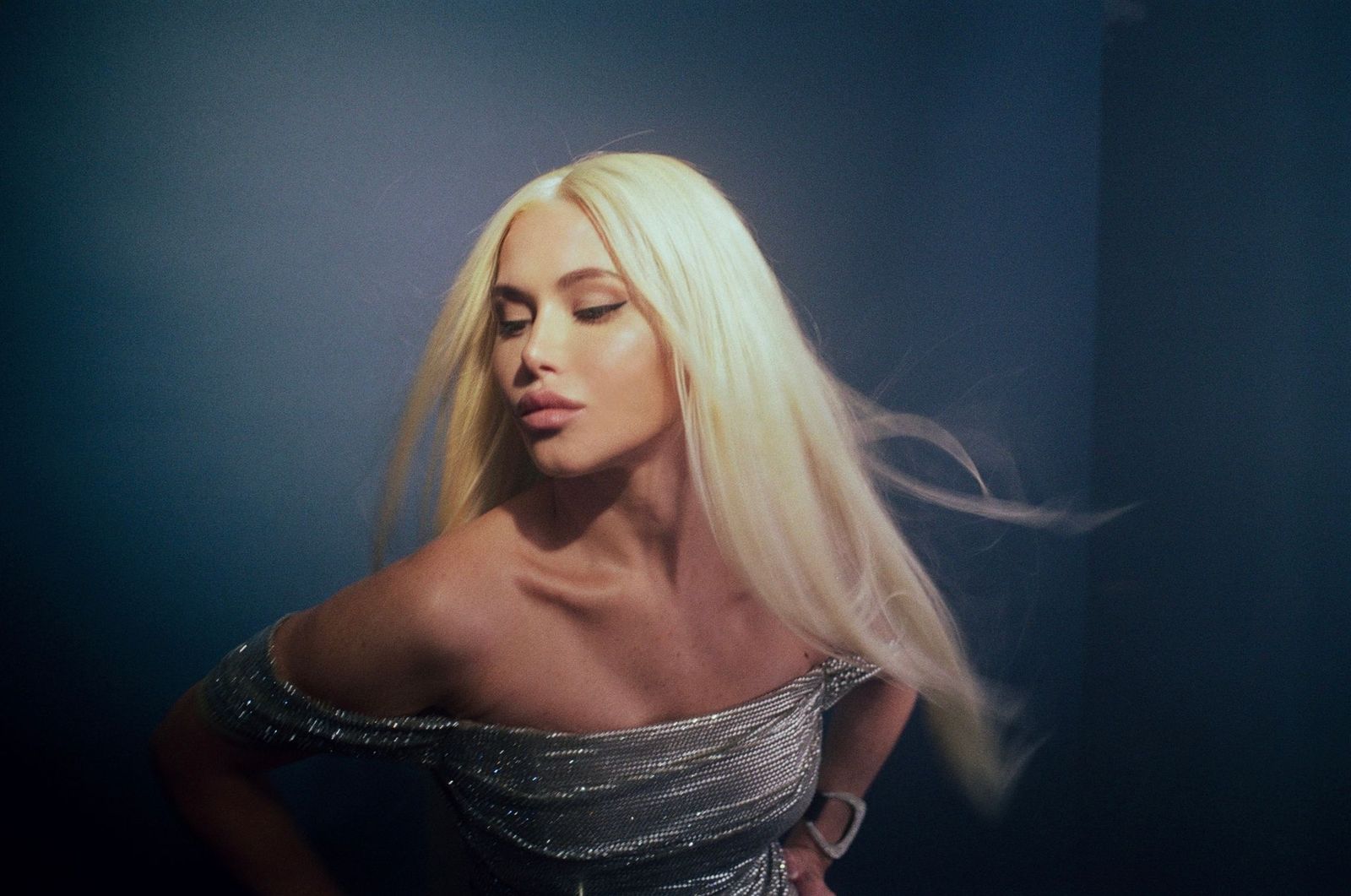Sulwe, the children’s book by Oscar-winning actress Lupita Nyong’o is coming to Netflix as an animated musical.
The book is about a girl born “the color of midnight” and her journey to self-acceptance. Based in part on Nyong’o’s own experience as a dark-skinned woman, the semi-autobiographical book boasts/carries themes of self-love and anti-colorism.
Nyong’o, who struggled with self-image as a child because of her skin tone, called the book “a mirror for dark-skinned children to see themselves, a window for those who may not be familiar with colorism.”
Sulwe was released in 2019 to much acclaim, especially for talking about the rarely acknowledged reality of colorism. Though most people are familiar with stories about racism, stories about colorism are lesser known.
However, especially in Hollywood, colorism runs rampant. Though Hollywood claims to be making strides in diversity and representation, its depictions of younger Black girls have always prioritized lighter skinned actresses with looser curls.
In film adaptations of books about Black girls, characters who were described as dark-skinned often get played by lighter skinned actresses. Angie Thomas’s The Hate U Give depicts a darker-skinned girl on its cover, illustrated by Debra Cartwright, who was one of many people disappointed by the casting choice of Amanda Stenberg for the movie. Similar criticism was directed at Yara Shahidi’s role as a Jamaican immigrant in The Sun Is Also a Star.
Netflix themselves has received a lot of backlash for perpetuating colorism in their original shows. Despite their “Strong Black Lead” brand on social media, their vision of Blackness often seems narrow — especially for Black girls.
Sulwe promises better.
By actively confronting colorism, Sulwe doesn’t take representation of dark skin for granted. The book acknowledges the struggles of growing up with dark skin, validating the experience of so many Black girls whose exclusion, even within the Black community, isn’t often discussed.
The upcoming musical film promises to give a voice to young Black girls, empowering them to find beauty in themselves and preparing them to confront racist beauty standards.
The project recognizes how important storytelling is during one’s formative years and how much younger audiences retain from their idols. When Disney+ recently added the 1997 Cinderella live-action film starring Brandy and Whitney Houston, many people reflected on how influential the representation of the film was.
Similarly, the Black Panther film garnered much praise for casting darker skinned actors and, in doing so, launching the careers of actresses like Leticia Wright.
This trend will hopefully build on Hollywood’s representation efforts and course-correct their tendencies towards colorism.
From Your Site Articles
Related Articles Around the Web


